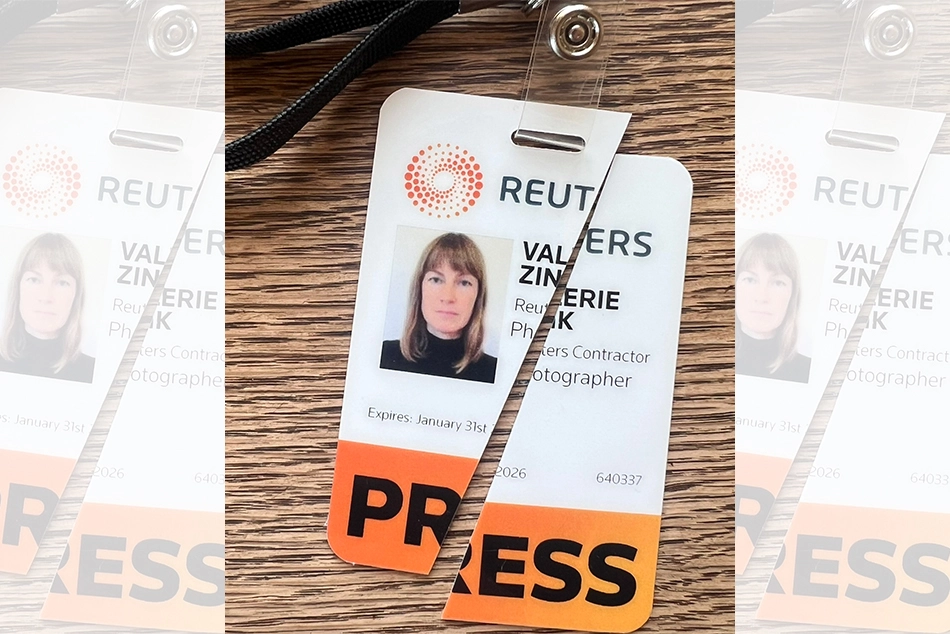
A Clarion Call to Reclaim Lost Childhoods
Jonathan Haidt's, The Anxious Generation, is more than a book for parents and educators; it is a clarion call for anyone concerned about the future of humanity

The Anxious Generation
Author: Jonathan Haidt
Reviewer: Ghulam Arif Khan
Penguin Press March 2024
400 Pages
This article may unsettle you profoundly!
The state of the environment casts a long shadow of worry, especially over the safety of your children. You may already be taking steps to shield them, Yet, if you wipe the dust off the mirror of life, what you see might terrify you. The future actions of your beloved children, your pride and joy, could defy even your wildest imagination.
Before us is the widely acclaimed non-fiction book of 2024, The Anxious Generation. In this work, Professor Jonathan Haidt discusses the alarming decline in the mental health of children and adolescents. He dubs the post1995, Gen- Z as the "Anxious Generation".
Why are we witnessing such a rapid surge in anger, confusion, and restlessness among this demographic?
How is the fragile mental state of the young eroding the very foundation of society?
A Grim Picture
Data Paints a grim picture: Rates of depression, anxiety, substance abuse, self-harm, and suicide have soared to distressing levels in this generation. Haidt, a distinguished American social psychologist, has dedicated his mission to applying moral psychology research to improve interpersonal relationships and drive reform in critical social institutions.
The questions raised in the TheAnxious Generation compel us to confront an unsettling truth: are we, as a society, equipped to protect the mental well-being of the generations to come?
Technology simplifies life and we complicate it with ease. We hand our children mobile phones and tablet computers, oblivious to their potentially harmful effects. From toddlers refusing to eat without a cartoon playing in the background to teens tethered to their screens, the digital age has bound us in invisible chains. Even parents, eager for a moment of respite, often hand their children over to these devices without a second thought.
We now live in an era dominated by Generative AI, where images, videos, news, and stories—surpassing reality itself—can be conjured with astonishing ease. Social media and gaming companies have expertly exploited human psychology, especially that of Gen Z. Our online lives have become a web of complexity. We are growing accustomed to living with fragmented, lost identities.
The market’s power is revealing its darker side. A child can easily declare, falsely, that they are over 18 on a website, and the app accepts it without a second thought, as though the portal itself is an innocent, naive entity. Tech companies are constantly unveiling new products, each designed to grab attention with features that pull us further from the real world and deeper into the screen. They show us little of significance, just enough to keep us hooked. In this attention economy, the business model of advertising is based on the principle of "more, more, more." Luring in more users, pushing them to forward messages relentlessly, to binge-watch reels, all at the cost of their attention span.
The Issue of Pornography
While the issue of pornography is undoubtedly monstrous, it is far from the only beast lurking. Online games, particularly multiplayer ones where individuals are scattered across various locations, are a severe threat to mental health. Our favourite superstars are being hired topromote online gambling, offering a quick, legal route to wealth—an illusion that’s too enticing to resist. The crisis has reached alarming proportions.
Last year, the Oxford English Dictionary inducted a new term: "Brain Rot", referring to the mental decay caused by relentless consumption of online content. Children are among the earliest victims of this phenomenon. Sleep deprivation, fractured attention spans, and addictive behaviours are becoming disturbingly commonplace. Adolescents have surrendered their enthusiasm for physical games and face-to-face interactions to the grip of social media. This shift has fundamentally rewired their brains, altering their very way of thinking.
Teenagers now perceive life through a transformed lens. In response, adults have attempted to shield their children in overly protective bubbles, inadvertently exacerbating the problem. The era of "play based childhood" has been replaced by a "phone-based childhood," with devastating consequences. The author refers to this profound shift as the great rewiring of youngsters’ minds . Yet, we remain oblivious to its gravity or its long-term implications.
The first wave of Generation Z reached adolescence around 2009, coinciding with a technological revolution. High-speed broadband and social media spread like wildfire. The introduction of the "like" and "share" buttons in 2009 fundamentally altered the social dynamics of the online world. Social media expanded connections but simultaneously diluted the quality of relationships. Online friendships lack the protective boundaries that real-life interactions naturally possess. Children drift further from relatives and friends, while connecting with strangers on the internet has become alarmingly easy.
This trend disproportionately affects girls. They are more influenced by comparisons, particularly regarding visual social comparison and perfection, and are more emotionally vulnerable. Girls are also more likely to face harassment and aggression online, as they are easily lured into expressing their feelings and challenges.
Key Trends and Their Solution
The book identifies two key trends that have rendered Generation Z the "Anxious Generation":
- Excessive sheltering and overprotection in the real world, which stifles their independence and resilience.
- A glaring lack of supervision in the virtual world, which exposes them to risks far beyond their capacity to handle.
The author advocates four critical reforms:
- Delay smartphone ownership until at least ninth grade, allowing only basic feature phones with limited internet access.
- Restrict social media use until the age of sixteen, shielding young minds from premature exposure to its pitfalls.
- Create phone-free schools, where devices such as smartphones and smartwatches are collected at the gates, fostering an environment conducive to learning and genuine interaction. The author acknowledges the educational potential of the internet, lauding platforms like Khan Academy for their constructive contributions.
- Encourage unsupervised play, giving children the freedom to explore, take risks, and build resilience naturally. This process strengthens their psychological immune systems, equipping them to navigate the real world’s challenges with greater fortitude.
The book argues that children must learn to navigate real-world challenges and develop innate mechanisms for self-preservation. According to the author, the threats posed by online predators far outweigh those from bullies in the physical world. Cultivating a robust psychological immunesystem is essential to making children "anti-fragile."
Rooted in deep research, the book avoids sensationalism. Though the tone is somewhat advisory, its approach is thoroughly academic. Haidt uses surveys, tables, charts, and graphs to present his findings, most of which are based on studies conducted in Western countries.Australia recently enacted a law prohibiting social media use for those under 16.
Also Read: Outrage as Japan city caps smartphone use
This reviewer acknowledges cultural differences between Western nations and countries like India—where societal structures, religious values, and spirituality may temper the severity of the problem, what is happening around us can be seen with naked eyes. The signs of digital overreach are unmistakably visible across the globe. This reviewer does not denounce technology outright but takes a firm stand against its irresponsible use.
The author emphasizes that the solution requires a unified effort involving schools, parents, governments, and tech companies. Clear social norms must be established, ethical oversight strengthened, and technology harnessed responsibly.
This eye-opening work is more than a book for parents and educators; it is a clarion call for anyone concerned about the future of humanity. It invites us to reclaim the lost childhoods of our beloved children and safeguard their mental and emotional well-being in an increasingly complex world.
[The writer, Ghulam Arif Khan, is a Commentator on socio-economic and political affairs, Editor, Public Speaker, Counsellor, Mentor & Entrepreneur. He is based in Mumbai. He can be contacted at arif055@gmail.com.]
Follow ummid.com WhatsApp Channel for all the latest updates.
Select Language to Translate in Urdu, Hindi, Marathi or Arabic







